Manus Island, Papua New Guinea —(Map)
An Iranian reporter who has been held by Australia on Manus Island for over six years has finally left the island on a trip to New Zealand. The award-winning author says he’ll never return.
Behrouz Boochani, 35, is a reporter from Iran. He left Iran in 2013 when many of the people he worked with were arrested. He wrote about the arrest of his friends, which freed them, but put him in danger.
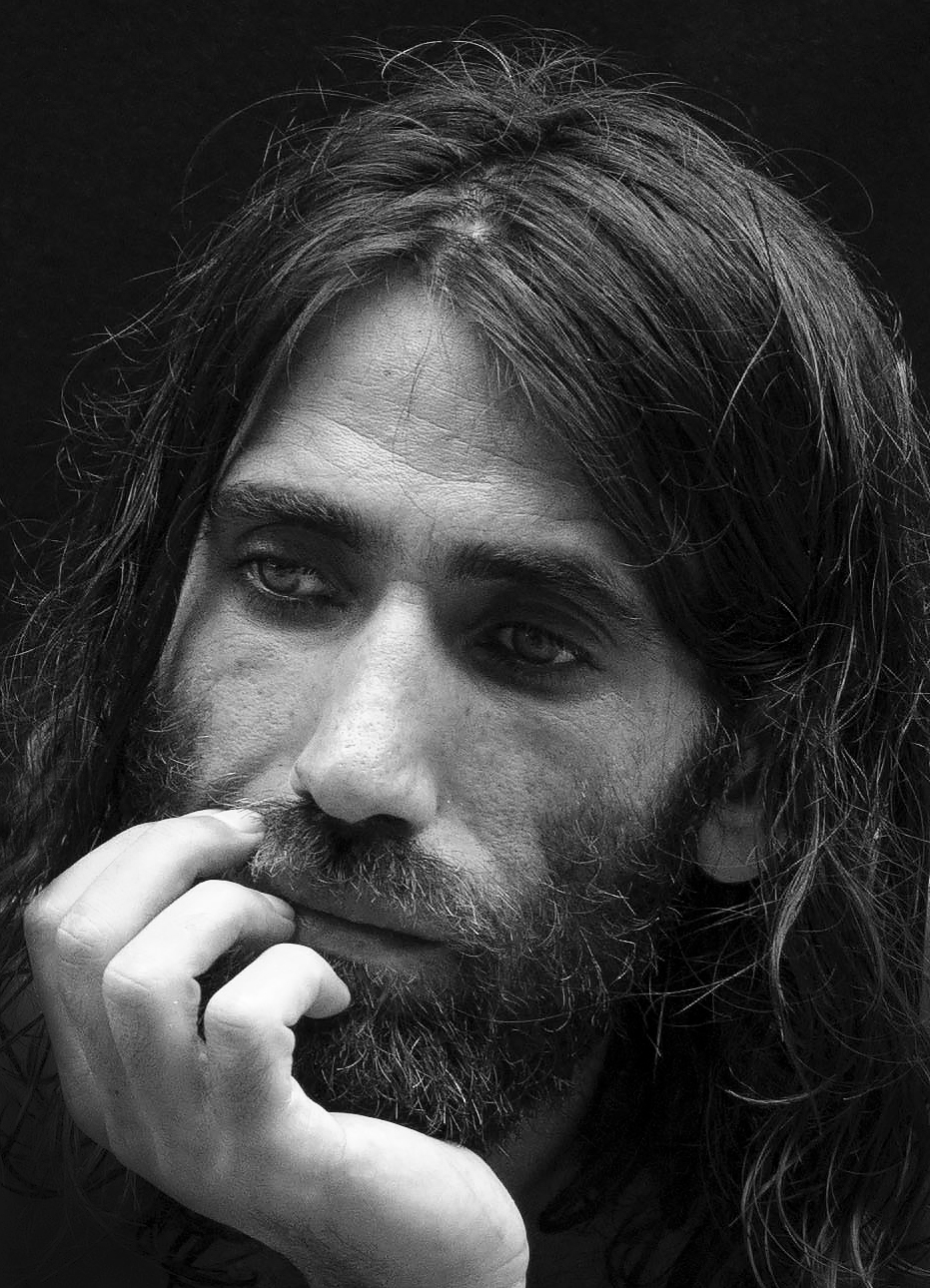
(Source: Hoda Afshar [CC BY-SA 4.0], via Wikimedia Commons.)
Mr. Boochani made it to Indonesia and then tried to get to Australia in a boat with many other refugees. Refugees are people who have left their homes to get away from danger or violence.
But on the way, Mr. Boochani’s boat was stopped by Australia’s navy. The Australian government doesn’t allow any refugees who come by boat to enter Australia. Instead, refugees are put into camps in other countries until the government decides if anyone will be allowed to enter Australia.
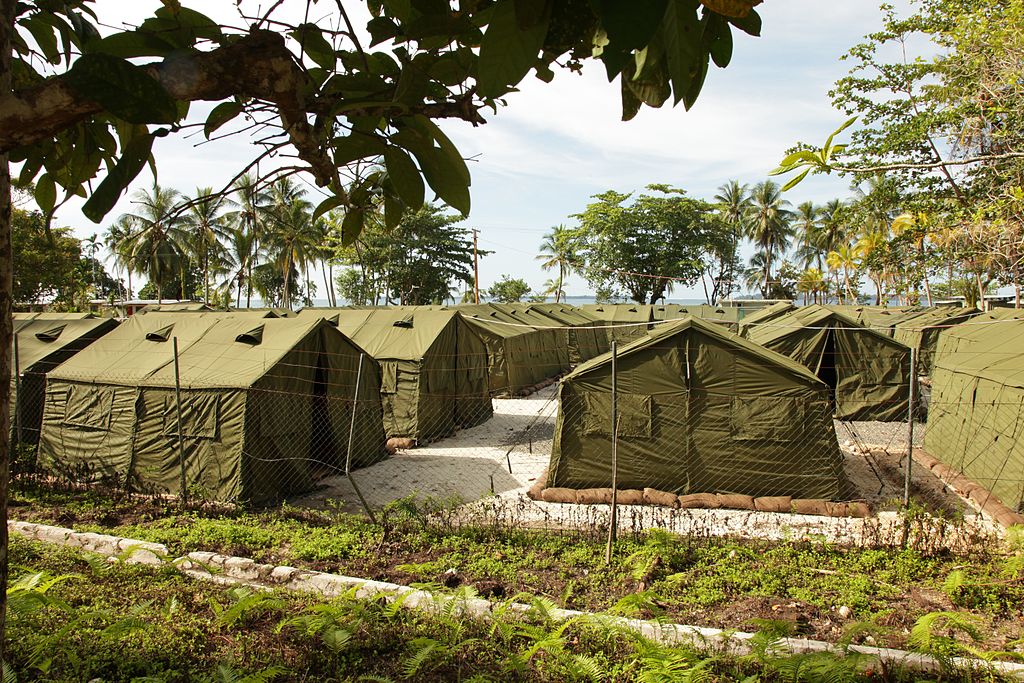
(Source: DIAC images [CC BY 2.0], via Wikimedia Commons.)
From 2013, Mr. Boochani was kept in a refugee camp on Manus Island, Papua New Guinea. Mr. Boochani calls the camp a prison.
While he was there, Mr. Boochani was able to report on conditions in the camp with a cell phone that he kept secret. His reports helped spread the word about the way some of the refugees were mistreated in the camp.
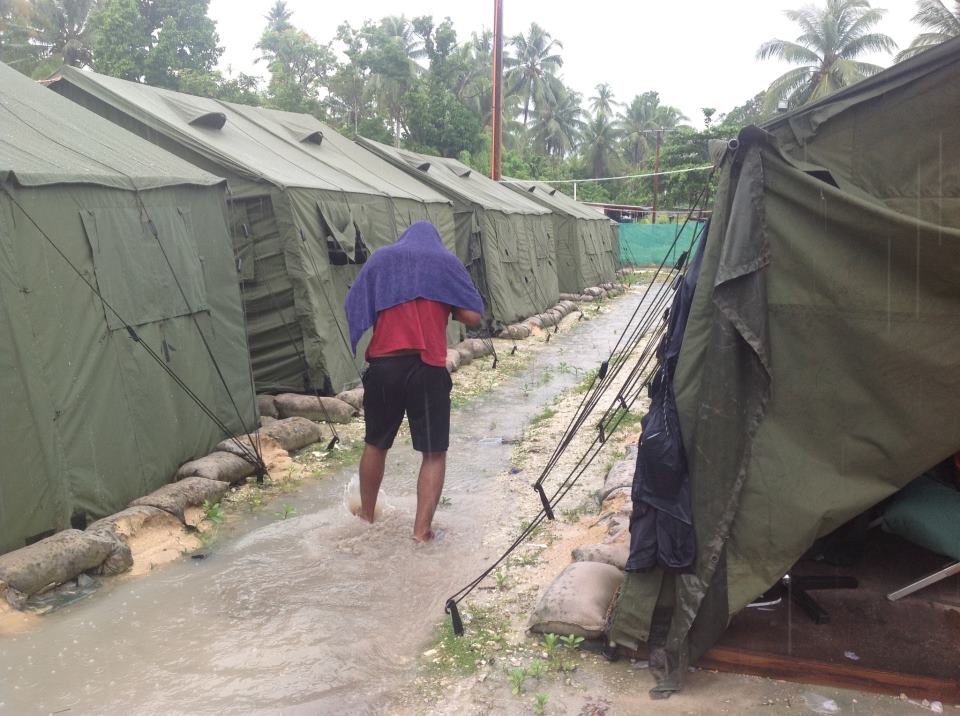
(Source: Greens MPs, via Flickr.com.)
In 2016, Papua New Guinea’s highest court said that Australia’s refugee camp on Manus Island was against the law. When the camp was closed in November 2017, Mr. Boochani and the other refugees still weren’t able to leave Manus Island because they didn’t have travel documents.
But Mr. Boochani still had a cell phone. Bit by bit, by sending messages from his phone, Mr. Boochani wrote a book about his experiences called, “No Friend But the Mountains”. Mr. Boochani’s book was translated into English by Omid Tofighian.
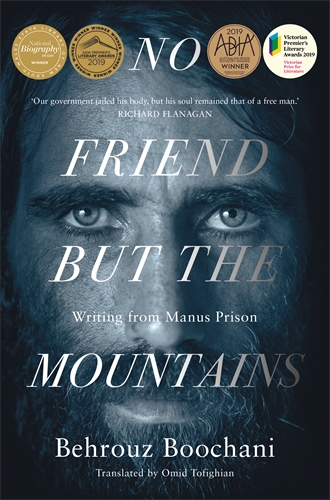
(Source: Pan MacMillan Australia.)
After his book came out in July of 2018, it won several important book prizes in Australia. But Mr. Boochani still couldn’t leave Manus Island.
Late last week, though, Mr. Boochani was finally freed. He was invited to speak at a writer’s festival in New Zealand and was given permission to travel there for one month. Mr. Boochani arrived in New Zealand on November 15.
Mr. Boochani is currently a person without a country. He is not sure where he will wind up in the future. Though he might be interested in moving to New Zealand, New Zealand has said that he cannot stay beyond the end of his travel permission.
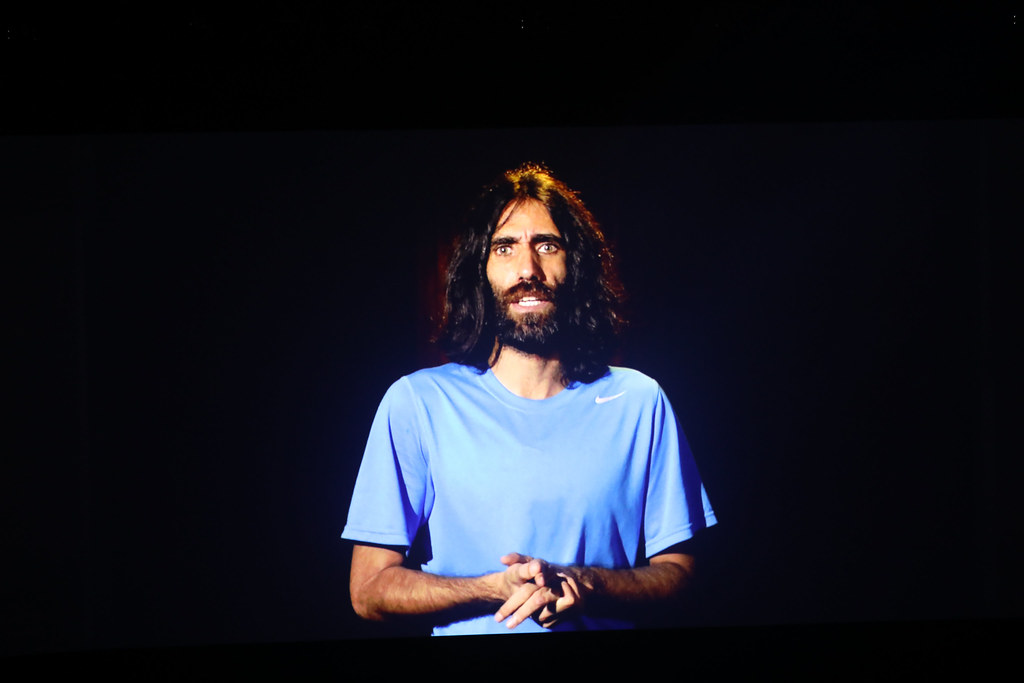
(Source: Eric Fonacier/Visionair Media, TEDxSydney, via Flickr.com.)
The United States (US) has said that Mr. Boochani can resettle there, but it’s not clear when he might be allowed to go. Many refugees who have been accepted into the US have had to wait for months.
“After more than six years, I am very, very tired,” he told the Guardian newspaper. “Everyone in Manus carries so many painful memories, we can never leave them on that island…but I am happy in my heart. I feel free.”
About 260 refugees and others remain on Manus Island.
😕
This map has not been loaded because of your cookie choices. To view the content, you can accept 'Non-necessary' cookies.
